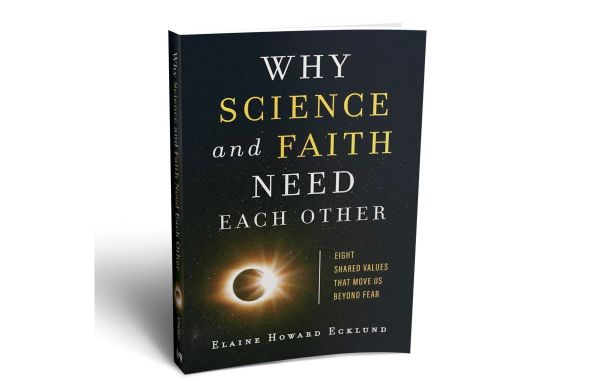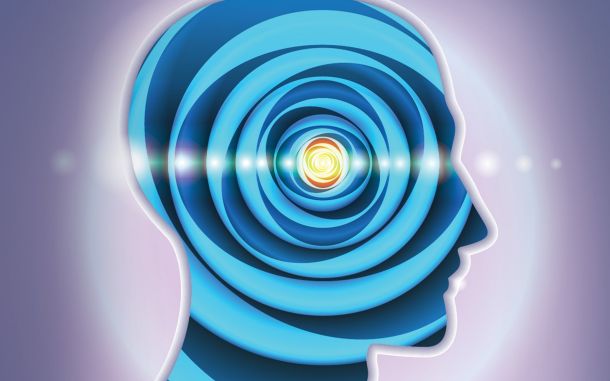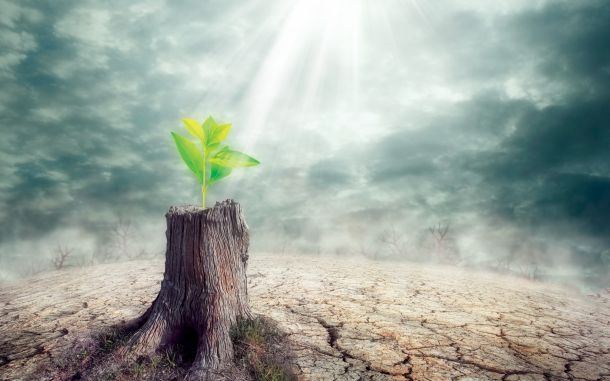Love for Knowledge

In This Article
-
The way of moderation is to observe cause-and-effect relationship, while being in full submission to God.
-
Social problems cannot be solved by the suppression of thought, nor by a simple change in political power.
-
In the face of obstacles we have no other choice than to struggle against them with a love of truth, knowledge and understanding.
While attempting to obtain a love for knowledge and willpower to think, one must not overlook reality or disregard past experiences. One must relate to the “sense of reality” under the watch of reason and control of conscience, and consider it on a par with one’s ability to taste, smell, and touch. Houses of knowledge, centers for research, and the symposiums that they hold must support and stimulate a love of knowledge. It is essential that we all support this cause.
The way of moderation is to do everything necessary in terms of causes and do it prudently and insistently; yet moderation is also full submission to God so much so that nothing can come between a person and their trust in Him. Cause-and-effect relationship must be observed at its best, yet without giving way to extreme determinism. I am not sure how much flexibility in this matter would be welcomed, but I think at the very most one can be open to a conditional, moderate type of determinism. At least this much of openness to causality and cause-and-effect relationship has existed among the circles of the faithful throughout the history, with certain varying interpretations.
If causal determinism is the name for the phenomena in which the same causes in the same circumstances bring out the same results, then it goes without saying that conditional determinism does have a place in our worldview. Cause-and-effect can be relevant to a certain extent in the social life, too, even if not as rigorous as in the physical world. This implies future consequences of our actions on the society today, and that we must have a plan according to which we can establish a social and individual life in harmony and order.
Indeed, if our society and administrations are going to exist in tomorrow’s world then we must start planning for them now. This is only possible through clear engagement with reality and when all possible alternatives and possibilities are weighed. Otherwise, unexpected internal and external events are inevitable.
We must review all the current institutions of our society and their essential dynamics according to conditions of today and tomorrow – schools and their curricula; universities and all higher education facilities; nursing homes and orphanages; congregations in houses of worship; soldiers in their barracks; police officers at police stations; public servants in government offices; workers in factories ... Without a review done with a cause-and-effect analysis, it will be very difficult to guarantee a generation free from chaos, nor can we claim having raised well-rounded individuals or promise peace for the society. Under such circumstances, the place of worship fails to fulfill its mission, the school fails to reach the sanctity of a place of worship, the barracks fails to maintain its reputation, and masses will succumb to destitution.
We cannot sit and wait for surprises as though everything will be prepared in another world to be sent to our aid. The question is, are we taking an active part in life, or are we not?
There are certain thoughts that are dangerous for a society’s future. If people are only concerned with the present (like Omar Khayyam), or if they don’t believe in thinking deeply because it makes them crazy, or if they do believe in excessively indulging in material pleasures, then the society has lost its meaning and is already dead spiritually.
It is incumbent upon intellectuals and those in the administration to prevent such aberrations of thought and degradations of the soul by way of leading the society to high goals and enlightening people through knowledge. If we do not imbue people with a true love for knowledge and the spirit of thought, and choose to bemuse them with daily politics instead, we will have made society a source of daily conflict. Social problems cannot be solved by the suppression of thought, nor by a simple change in political power. Even if we solve these problems once, the changing circumstances and an ever-evolving world will constantly bring forth new problems. In the face of these obstacles waiting for us at every corner we have no other choice than to struggle against them with a love of truth, knowledge and understanding.
Existence is constantly developing; to be left on the outside of this development would mean isolation, which is no different than colliding with the wheels spinning and turning in the universe. Actually, without comprehending this dynamic of renewal and advancement throughout the universe, it will be impossible to understand existence as a whole, the mission of the human being, and the truth of humanity.
In this world, the inanimate is constantly running towards life; life travels towards consciousness and understanding. The alternation between dark and light is on a continuous cycle, and every single thing builds upon each other to form a profundity of knowledge. Yes, all the existence and events, too, run without cessation towards the infinite just as all rivers and streams flow onwards through rocks to reach the sea. Using our willpower and consciousness, we, too, must flow towards our future with diligence and effort that surpass our current power and durability. Otherwise, whilst creation and life are developing and perfecting, we will be like climbing an escalator in the opposite direction. Every attempt that fails to comply with the prevailing harmony in the universe is destined to be cast aside, and they will not be able to form, develop, and reach perfection.
While the Islamic world excelled in a blessed period of history, so did the Western world in terms of its own Renaissance. Both did so having benefited from the common knowledge accumulated along a few thousand years of human history.
Now, if we wish to once more achieve a similar development, we must evaluate the dynamics laid out above and apply them across our society.
Indeed, these essentials, and the spirit and meaning that they carry, must be infused into the soul of society, even in an unsubtle form. We must ensure that our traditions and customs turn green and take root in families, schools, and places of worship – not one single section of society should be left deprived of this spirit and meaning. The souls of children should be kneaded with this spirit and meaning. Beginning with elementary school, their souls should soar with these values, and in the periods to come, they should be nurtured with the same feelings and thoughts with gradual increase in the content.
If there is one thing that is more important than knowledge itself then that is the understanding of knowledge and the engraving of that understanding onto the souls of a society. Instilling youth with this love of knowledge is as important to their development as water is. This love and these principles of knowledge should, without a doubt, be instilled in every individual throughout a society, from age seven to seventy. This way, any friction that develops between differences of thought and philosophy can be resolved through dialogue and understanding instead of conflict and rivalry.
The ethical dimension of this matter calls for a separate analysis on its own; so, I am passing over it for now, leaving it to another piece.









